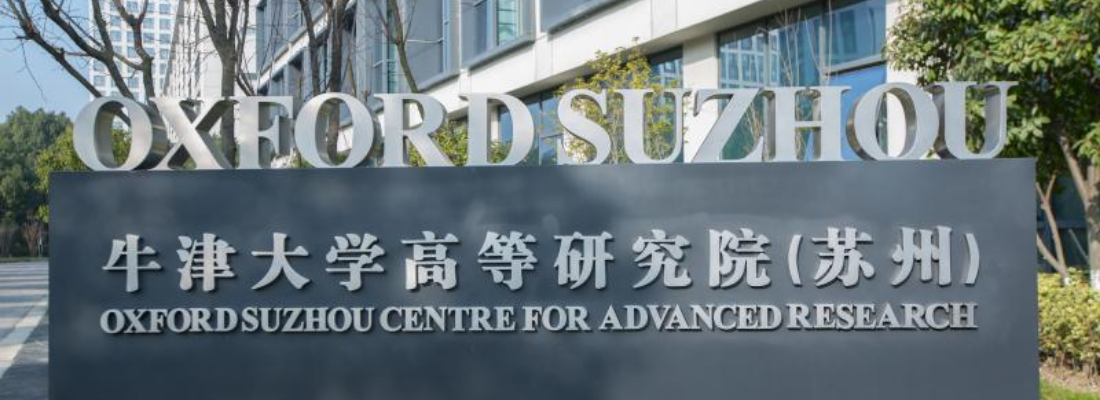Mohamed Amersi joins the Oxsed Board, to support the development of a rapid 45 minute swab self-test from The Oxford-Suzhou Centre for Advanced Research
In November 2018, the Oxford-Suzhou Centre for Advanced Research (OSCAR) opened in Suzhou Industrial Park in eastern China, one hour from Shanghai. OSCAR is the University of Oxford’s first overseas centre for physical science and engineering research.
By establishing a physical local presence in China, OSCAR offers Oxford scientists the opportunity to work closely with academic and industrial collaborators in China to address areas of common interest. The collaboration with Suzhou Industrial Park intends to advance the quality and scope of research and recognise the societal impact for humanity as a whole, beyond national borders.
Fast forward less than two years and we can already see the benefits of physical proximity and the long-term potential of investing in trusted collaborative environments. Last month, in July 2020, scientists from OSCAR announced the development of a rapid self-test product, which can detect the presence of the virus within 45 mins, eliminating the need for lab processing. The (nasal or throat) swab-test could have wide-ranging applications including community care, schools, airports, front-line workers, and home testing.
Oxford University Innovation (OUI), the research commercialisation company of the University, has supported the formation and commercialisation of Oxsed Limited, a lean spin-out social venture dedicated to the detection of COVID-19. Mohamed Amersi was invited to join the Board of Oxsed Limited, to offer his guidance on the development and reach of the test, in line with his efforts towards ensuring the emerging healthcare solutions around Covid-19 are inclusive and for everyone. There is immense potential for this technology to be deployed globally at scale, in particular across the developing world.
To improve sales, marketing, and distribution, Oxsed has now partnered with Genix Healthcare to reach across government, professional & consumer markets. If successful, the self-test solution could allow for affordable, regular testing with a number of critical benefits including:
- A reduction in the turnaround time for results from an average of 8 days to 45 mins.
- The test can be transported and stored within an ambient temperature range. This eliminates the need for cold chain, which removes a financial and infrastructure barrier in the shipping and distribution process.
- A reduction of testing inefficiency during the post-test infection window (which can still take upto 8 days for results), which is causing a growing burden on economies.
- Reduced risk amongst asymptomatic patients, who may not have symptoms, but could continue to spread the virus.
Further information on OSCAR is available here.

